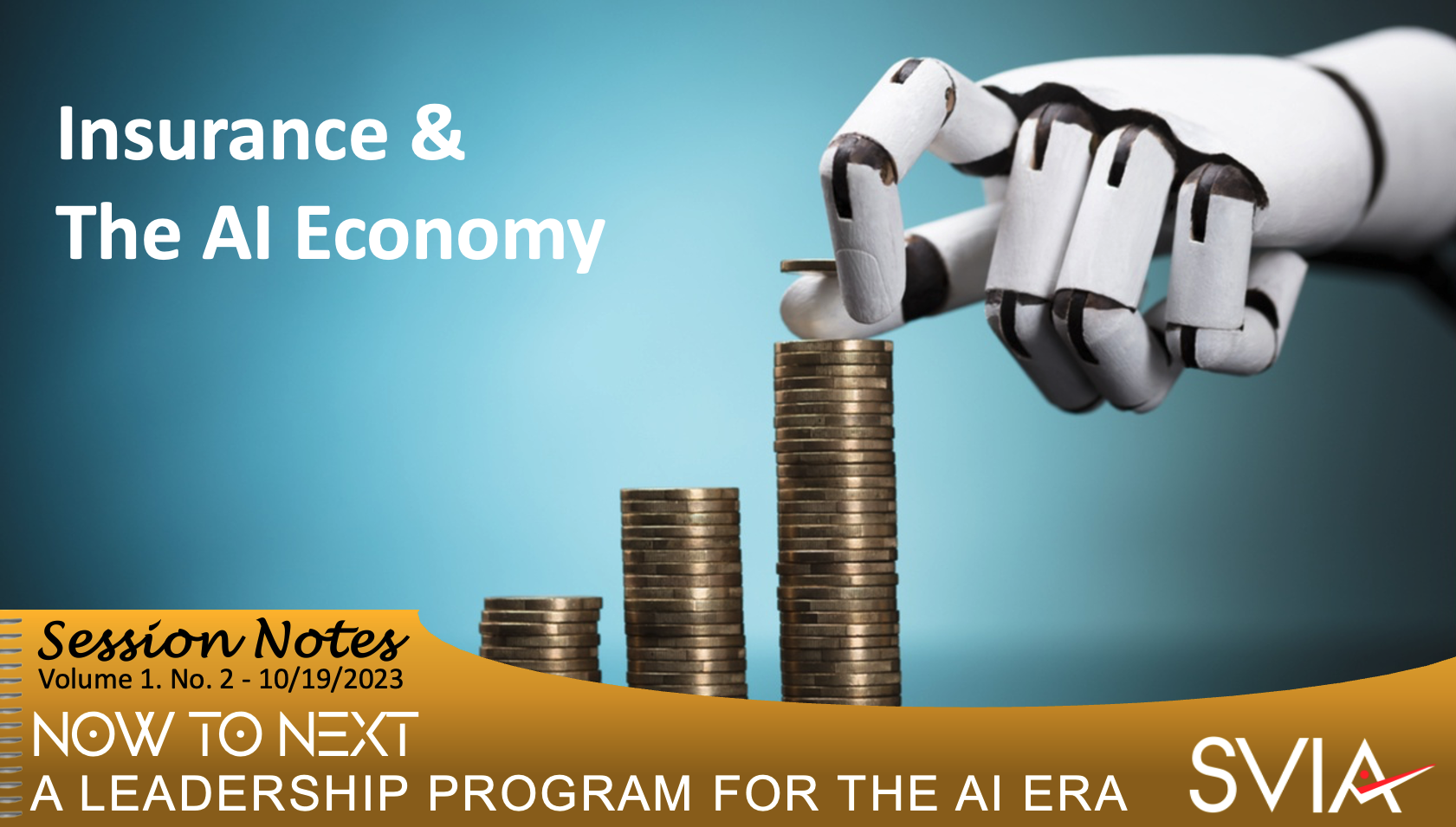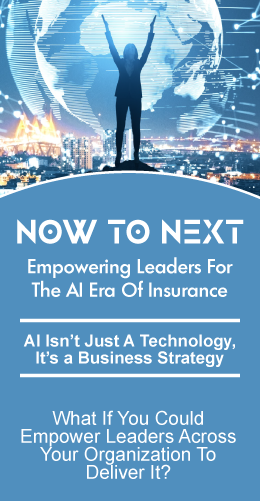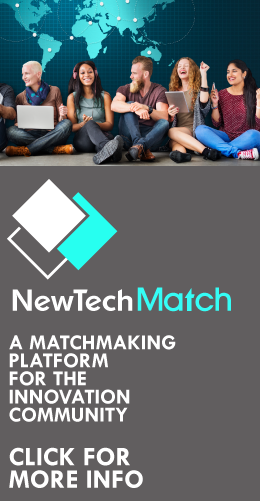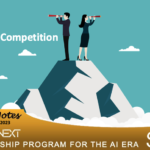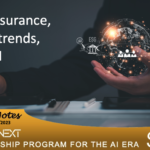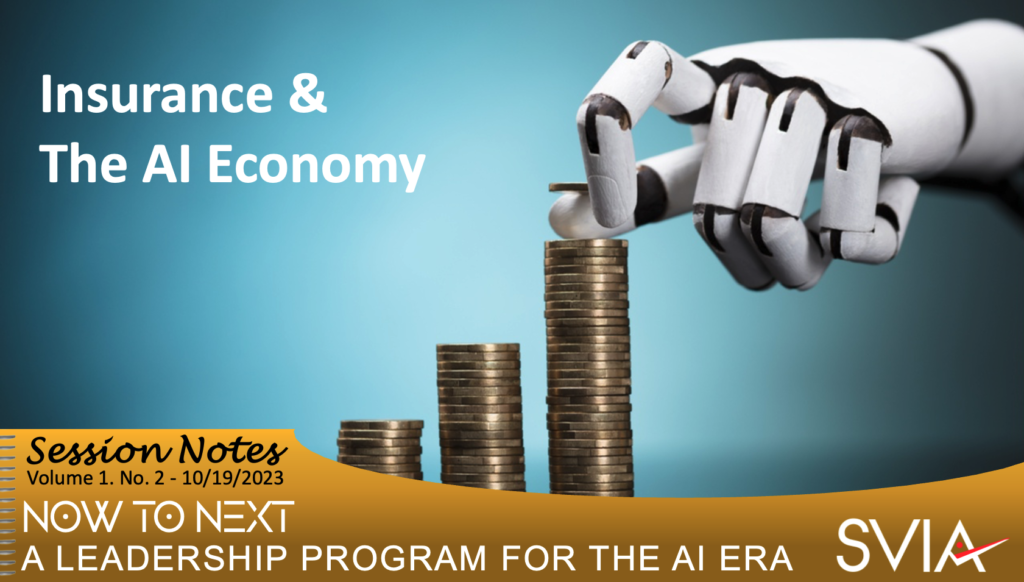
The AI revolution is not merely a technological advancement; it catalyzes a profound global shift in both social dynamics and economic paradigms. Among the industries significantly impacted by this transformation is insurance. Here’s how.
The AI Economy: A Paradigm Shift
Artificial intelligence (AI) is reshaping the very foundation of our global economy. Throughout history, we’ve witnessed monumental shifts, from the Industrial Revolution’s mechanization to the digital revolution’s interconnectedness and automation. Today, we stand on the brink of another monumental transition: the AI Economy.
The AI Economy seamlessly integrates AI technologies into global commerce, resulting in heightened productivity, groundbreaking innovations, and the emergence of new business models. As AI redraws the traditional industry landscape, tech giants venture into the financial sector, and automotive leaders pivot towards software development. This transformative wave affects every aspect of the value chain, from logistics to customer engagement. The shift is clear, moving from product-centric models to data-driven, personalized, and service-oriented strategies. This wave of transformation presents both opportunities and challenges.
The Duality of AI: Opportunities and Challenges
AI brings a dual impact from a socio-economic perspective. It optimizes industries and introduces new job roles, yet it can also render certain professions obsolete, demanding rapid adaptation in workforce skills. Ethical concerns, especially those related to data privacy and AI biases, loom large. Furthermore, AI has the potential to either bridge or widen socio-economic disparities.
Businesses across the globe are now harnessing the power of AI. The retail sector employs AI to predict customer behavior, while the healthcare industry personalizes patient care with AI algorithms. These companies are not merely optimizing; they are redefining their identities and their approach to value creation.
Thriving in the AI Economy
To flourish in the AI economy, companies must prioritize strategic initiatives. Reskilling the workforce is crucial to prepare for AI-enhanced futures. A robust data strategy grounded in analytics and security becomes imperative. Companies must establish ethical AI frameworks emphasizing transparency and accountability. Moreover, fostering a culture of adaptability and collaboration with AI pioneers positions companies at the forefront of this transformative journey.
The Lifeblood of the AI Economy
Data, often called ‘the new oil,’ lies at the heart of the AI economy. As it converges with powerful new AI technologies entering the market, data becomes the driving force behind disruptive innovations. The value of data now depends on its quality, relevance, and actionable insights. Traditional operational systems in insurance are facing a critical challenge: old architectures that once met the needs of past data are ill-suited for today’s AI-driven requirements.
The Intersection of the AI Economy and Insurance
We currently find ourselves at a pivotal crossroads where the AI economy intersects with the insurance industry. This convergence ushers in customized insurance products built on real-time data, capable of addressing individual risks and meeting the dynamic needs of a digital, AI-savvy clientele. These offerings demand operational systems that can predict and prescribe actions.
Changing Customer Expectations
The AI economy is revolutionizing what insurance customers seek. They now demand data-driven, immediate, and tailored coverage with dynamic pricing that responds to shifting risks. Predicting and addressing risks before they materialize is imperative.
With the proliferation of smart devices, new customer risks have emerged. The demand for individual cybersecurity insurance is on the rise, and as health tech becomes more integrated, we can anticipate more detailed health and life insurance offerings based on health metrics.
Evolving Operational Needs
Insurers must evolve operationally. Traditional systems designed for fixed risk assessment are no longer sufficient. Systems must be able to assimilate vast data from wearables and smart devices and analyze it in real time.
Business Models in Transformation
Business models are undergoing a metamorphosis. Instead of offering generic policies, AI will introduce numerous micro-policies tailored to specific needs or durations. Service models will increasingly rely on automation, from chatbots addressing queries to AI-guided claims assessments and fraud detection.
Adaptation is Non-Negotiable
Adaptation is not an option; it’s a necessity. The pace of change is breathtaking. Systems must be agile, scalable to accommodate data influxes, and capable of delivering instant insights and solutions.
>Competitive Imperatives for Insurers:
- Enhance their tech infrastructure with platforms capable of handling and interpreting massive data streams.
- Redesign products to be dynamic, personalized, and capable of addressing digital-age risks while integrating value-added services.
- Simplify operations, automating wherever feasible.
- Leverage AI for superior customer engagement, efficient claims processing, fraud detection, and improved customer service.
- Foster a culture of continuous learning, preparing the organization to navigate social, business, and technological transformations.
Insurance leaders must become visionaries for their industry and their companies. Current operational strategies require more than minor adjustments; they necessitate comprehensive overhauls to align with the rapidly evolving AI economy.
We are embarking on a journey towards an AI Insurance Age. This journey demands a deep understanding of the AI economy, a willingness to challenge the status quo, and a resolute commitment to steering organizations toward a future where insurance is not just efficient but highly personalized and revolutionary.
This is a pivotal moment in the insurance industry. We urge you to ignite this critical conversation within your organization.

